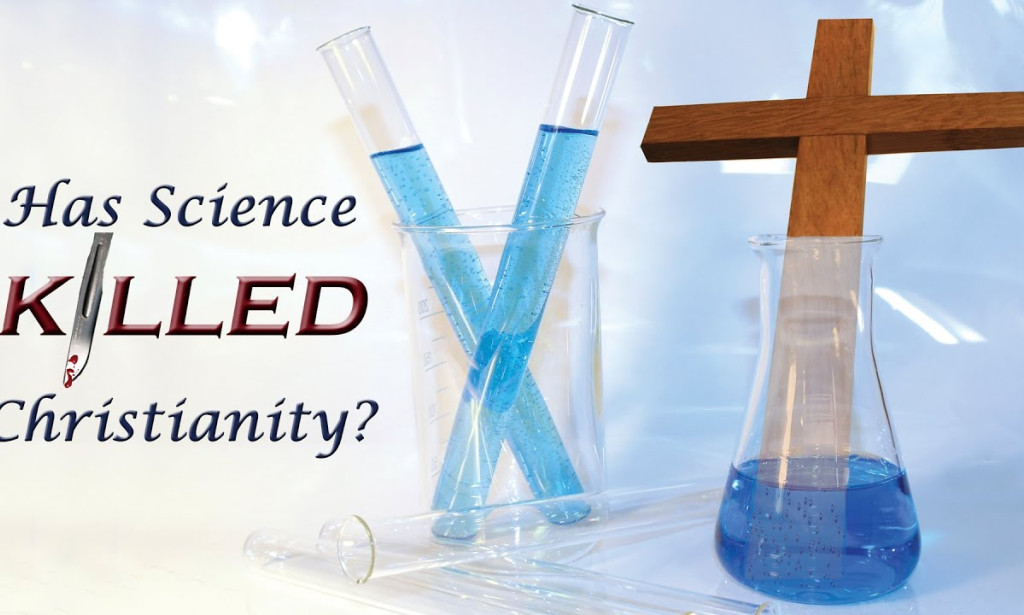Christianity and science have had a complex relationship since the time of the Enlightenment. While some have argued that the two are inherently incompatible, others have argued that the two can be complementary and can even be used to support each other.
At the heart of the relationship between Christianity and science is the idea of faith. Christianity teaches that faith is essential for understanding the world, while science relies on empirical research and experimentation. This fundamental difference in approach has often led to tension between Christian and scientific beliefs.
However, proponents of the reconciliation of science and religion argue that the two can be reconciled by focusing on areas of agreement, such as the idea of progress, the belief in an orderly universe, and the concept of stewardship. Additionally, some theologians have argued that science and religion can be used to support each other, such as through the use of scientific evidence to support the existence of God or the use of religious teachings to inform scientific experiments.
In recent decades, the relationship between Christianity and science has become more complex and nuanced. While some Christian denominations continue to reject the idea of scientific progress, many Christian theologians now accept science as a legitimate source of knowledge. Additionally, some scientists have argued that science and religion can coexist and can even inform each other, while others have argued that science should take precedence over religion.
Overall, the relationship between Christianity and science is complex and ever-evolving. While there are still areas of tension, many proponents of reconciliation argue that the two can be complementary and can even be used to support each other. Even so, there are still many areas of disagreement, and the debate over the relationship between Christianity and science is likely to continue for many years to come



You must be logged in to post a comment.